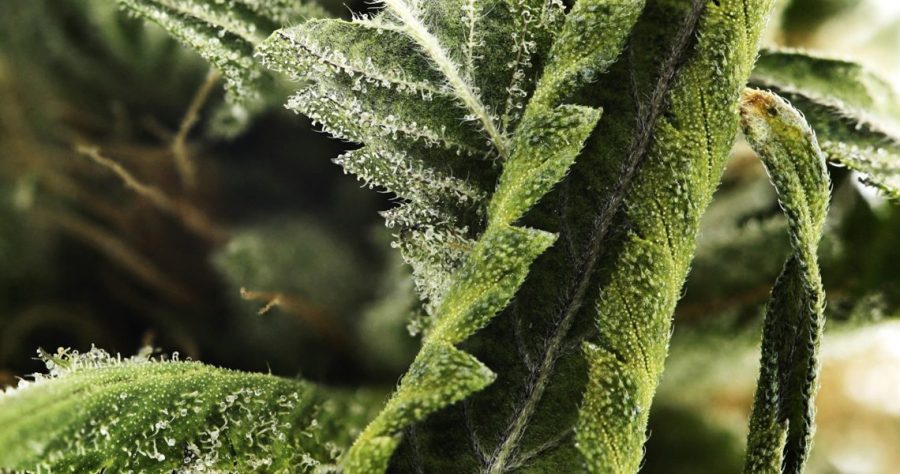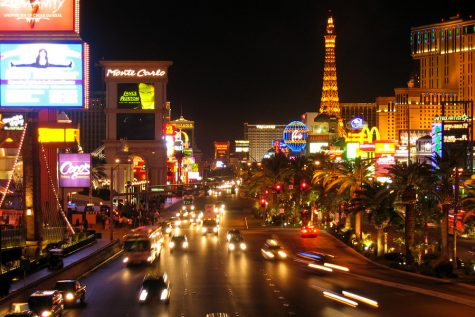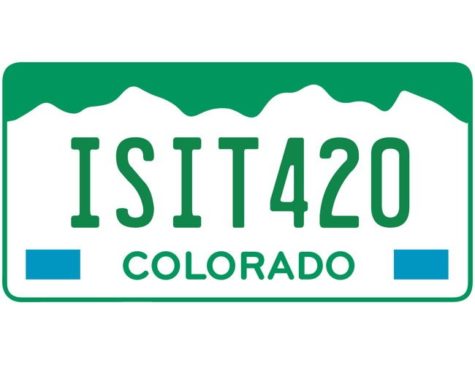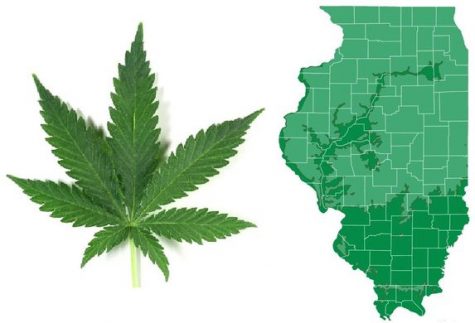Cannabis cafes are coming to Massachusetts
The Cannabis Control Commission (CCC) noted, as an independent entity, that it would focus on “studying and making recommendations” on the plant’s regulation and taxation.
Massachusetts looks set to be the next place on the U.S. map to introduce on-site social cannabis consumption in the form of social cannabis cafes.
Based on a recent report, an independent panel of cannabis advisors in the state have voted in favor of introducing cannabis cafes in Massachusetts. Cannabis delivery services will also be permitted by social cannabis cafes, which must be licensed to sell cannabis on their premises.
The move could significantly bolster tourism and the economy for the state.
Taxing and regulation recommendations will be initiated by CCC
The Boston Globe reports that the Cannabis Advisory Board’s public safety subcommittee voted 5-2 in favor of social cannabis cafes in Massachusetts in January. A decision was met after plenty of discussions pertaining to how home delivery should be regulated, as well as how this new segment of the industry would be taxed. The Cannabis Control Commission (CCC) noted, as an independent entity, that it would focus on “studying and making recommendations” on the plant’s regulation and taxation.
Municipal lobbyists, pot consumer advocates, and cannabis law activists make up the subcommittee. Now, the subcommittee’s group’s recommendation will be reviewed by the Commission.
“The commission would need to reopen and amend its current regulations to allow for social consumption and delivery licenses in the commonwealth,” the commission’s press secretary, Maryalice Grill, said in a statement.
Social cannabis consumption spaces in Massachusetts could boost economy
Residents of the Bay State voted to legalize adult-use cannabis in 2016. Three years later, five stores have opened their doors while an additional four have gained approval to start business. Industry analysts predict good things for the industry, which could yield as much as $1.37 billion by 2025, according to Statista.
However, back in 2017, the Commission held off on the licensing of cannabis cafes and home cannabis delivery services, even though regulations had already been prepared. Why? Because Gov. Charlie Baker and other officials were not on board with the idea.
This resulted in Massachusetts cannabis licenses being limited to small companies and entrepreneurs who had previously been stifled by the “War on Drugs” in their business endeavors. Larger cannabis companies in Massachusetts were then left with a five-year waiting list to file an application.
With the inclusion of social cannabis consumption spaces in Massachusetts’ legal weed industry, profits could be further amplified. Consequently, the normalization of cannabis consumption will likely emerge, thus helping the plant to become regulated just like alcohol.












